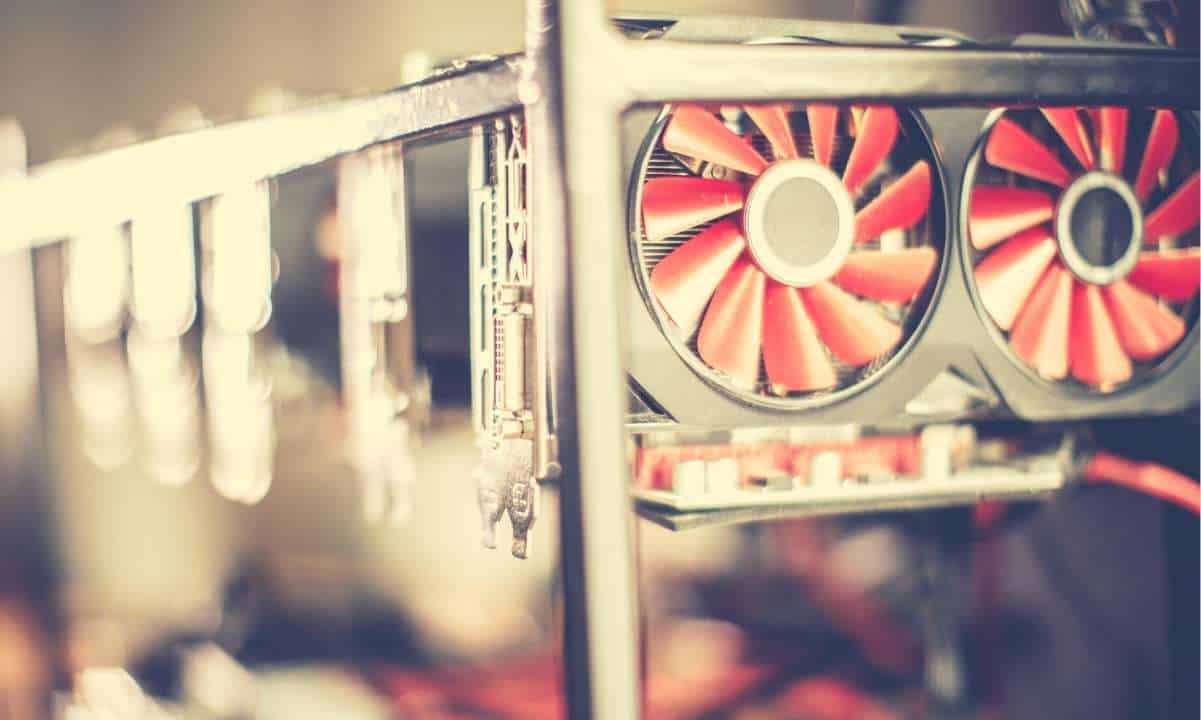
TeraWulf’s second-quarter earnings report, released earlier in August, demonstrated mixed performance.
While the company produced less BTC than in the same period in 2023, its revenue increased modestly compared to the estimated figures.
TeraWulf’s Q2 Results
The report revealed that TeraWulf mined 699 BTC across its Lake Mariner and Nautilus Cryptomine facilities, a 21% decrease from the same period last year.
The firm’s revenue for the quarter, on the other hand, was $35.6 million, marginally exceeding the estimated $35.4 million. Despite this, TeraWulf posted a loss of $0.03 per share, worse than the estimated $0.02 loss per share.
It also witnessed a dramatic 243% rise in the cost of mining Bitcoin, with expenses climbing from $6,688 per Bitcoin in Q2 2023 to $22,954 per Bitcoin in Q2 2024.
This increase was driven by a nearly doubled network difficulty and the effects of April’s Bitcoin Halving, which cut the reward miners receive. Commenting on the latest figures for the second quarter of 2024, TeraWulf CFO Patrick Fleury said,
“In the second quarter of 2024, TeraWulf delivered solid financial performance, even in a challenging fundamental business environment following the Bitcoin reward halving in April, mining a total of 699 bitcoin across our facilities. In addition, our robust balance sheet, highlighted by a strong cash position and the elimination of debt, positions us well for future growth. We remain committed to maximizing shareholder value as we diversify into HPC and AI expansion in the latter half of the year.”
Focus on Large-Scale HPC and AI Project
TeraWulf is currently working on advancing activities to support a large-scale, high-performance computing (HPC) and AI project at the Lake Mariner Facility.
The mining company has allocated an initial 2 MW of power to the project, which can support thousands of advanced graphics processing units (GPUs). In the second quarter, it acquired a 128-GPU cluster from NVIDIA, financed by a top OEM.
To facilitate this effort, TeraWulf said that has upgraded the internet connectivity at the Lake Mariner Facility to handle AI bandwidth needs, installed a closed-loop liquid cooling system, and implemented power supply redundancy to ensure complete reliability.

